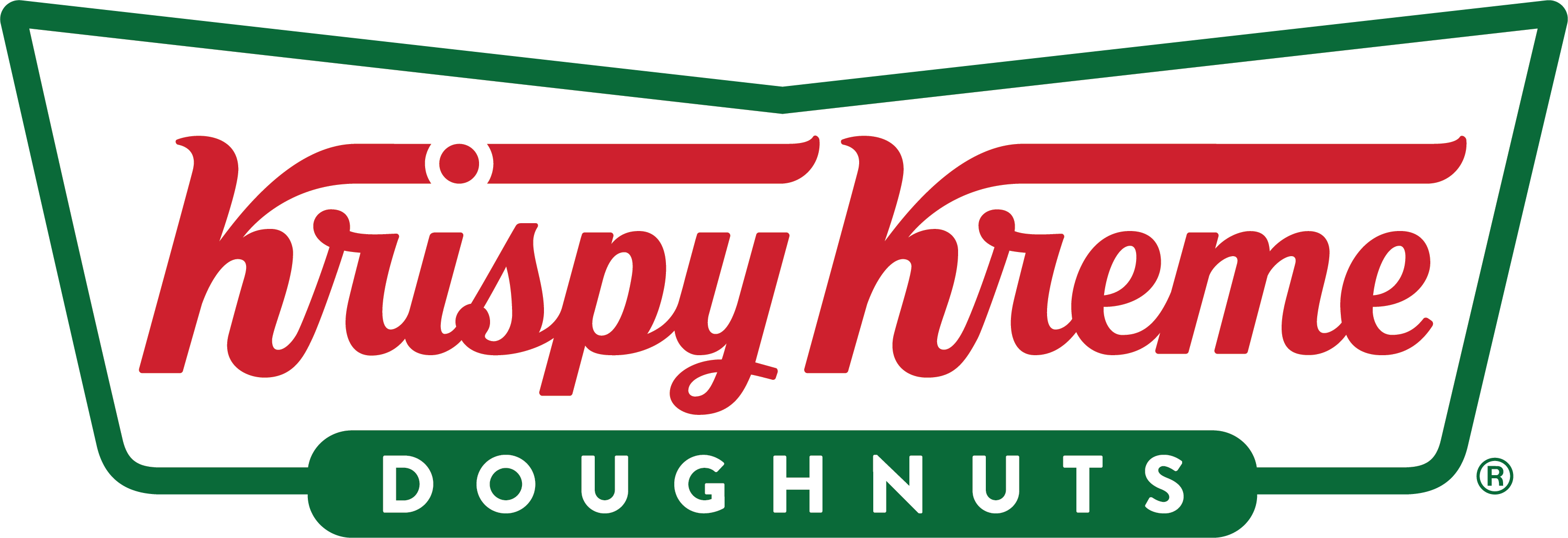MOD Pizza Syncs Best Practices to Grow With Smartsheet
MOD Pizza was growing quickly but didn’t have a systemized way of opening new stores. With Smartsheet Control Center, the pizza chain can easily collaborate, giving visibility and scaling to align with their quickly growing company.

Scalable Operations Feed Expansion and Delight Customers
With Smartsheet Control Center, MOD Pizza can easily collaborate with third party vendors, gaining visibility and scaling to align with their quickly growing company.
"The best part is if we can decrease the amount of time it takes us to do a construction project, a week, then that's a week of someone else getting wages. If our people are happy, if our MOD Squaders in the store are pumped to work for us and excited to work for us, they're going to treat the customer that way."
Chief of Staff
MOD Pizza is a fast casual pizza chain founded in Seattle in 2008. The restaurant chain currently has more than 200 locations between the United States and the United Kingdom. Its quick growth can be attributed to its dedication.
“We're very purpose driven, mission driven company,” says Dan Gockel, Chief of Staff for MOD Pizza. “We serve pizzas so we can serve people. And we've been able to grow quickly.”
“Opening a couple of stores a year is no big deal, and we can manage that. But then suddenly when we opened 100 stores last year, you're managing 100 separate spreadsheets, and trying to manage all these different dates,” says Elaina Mattingly, BI Developer II for MOD Pizza.
“Inevitably you're going to miss one, and then the project may be delayed. And it's just very costly in resources. One of the big drivers has been getting everyone away from all this spreadsheet sprawl and getting people into something that's a little bit more automated.”
Gockel started evaluating the company’s store development processes and the tools it was using. “All of our collaboration was through email, and people would send out Excel workbooks,” he says. “Or they'll send out an email, and then everyone has to update their own sheets and their own schedule. There were no processes that were in place and no sharing information, no collaboration at all through the evaluation process.”
The solution was something that the company already had but hadn’t maximized: it was Smartsheet.
Establishing Best Practices
“Now we have a whole process where we can go in, we enter the set amount of fields,” says Mattingly. “It's the same for every single store, every single project. And as soon as we click create project, takes a few seconds, and then we have spun up exactly the project plan that matches every other project plan. And then all the information and details that we need, and it flows into a sheet where everyone can track everything in one place. And it's a huge time saver.”
Maintaining Flexibility
Smartsheet also provides the flexibility to individualize stores. “Not all of our stores are going to be similar, but the processes are similar,” says Gockel. “So using Smartsheet Control Center, we can emulate that process over and over again, but still have the flexibility of changing the process as we go along.”
Previously, Mattingly had used Smartsheet to build sheets and reports. “I feel like it really adds a whole new layer of functionality,” she says.
“It's an easy sell when you talk about ROI and what Smartsheet can provide from a numbers perspective,” says Gockel. “And the best part is if we can decrease the amount of time it takes us to do a construction project, a week, then that's a week of someone else getting wages. If our people are happy--if our MOD Squaders in the store are pumped to work for us and excited to work for us--they're going to treat the customer that way.”








